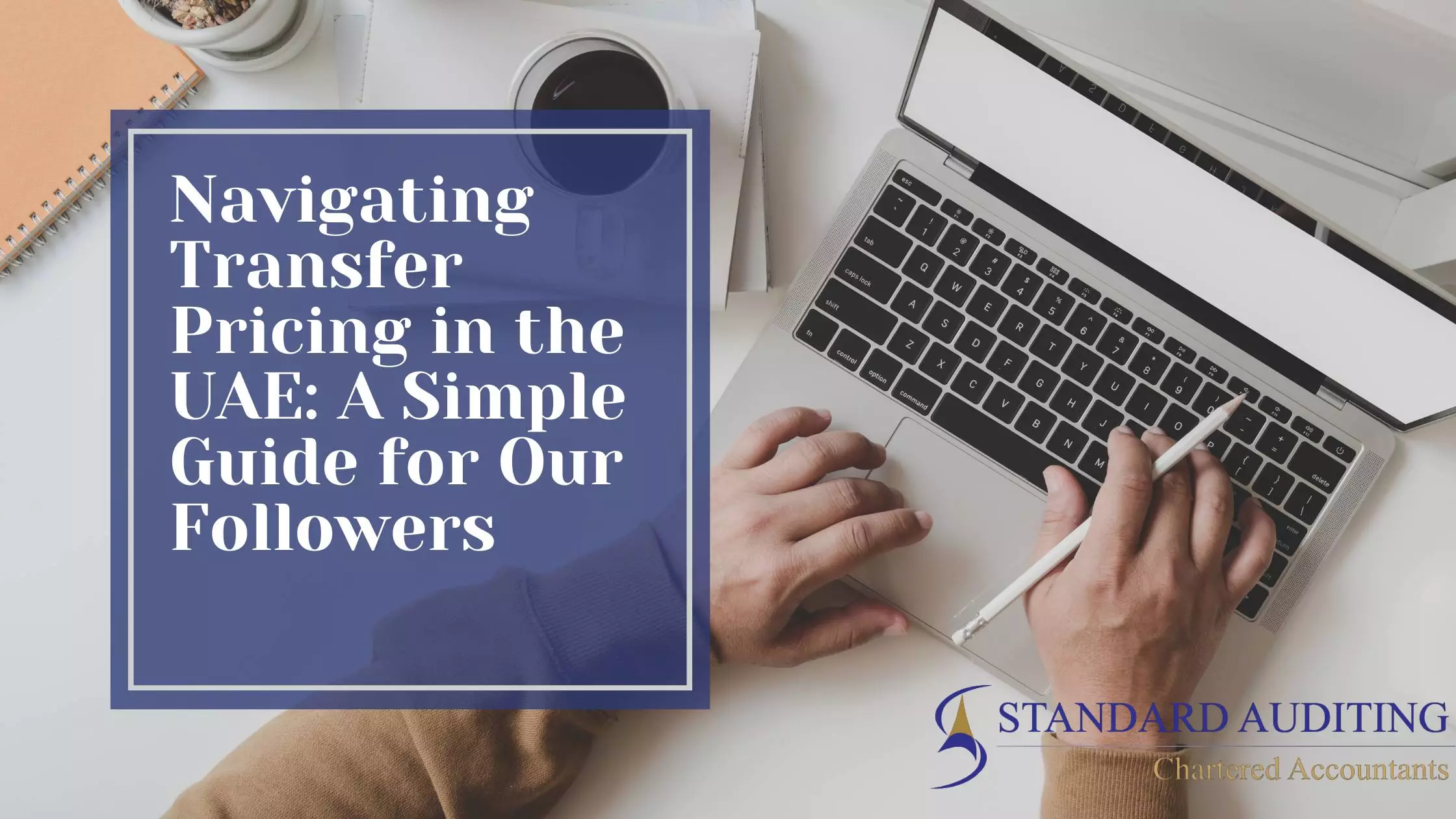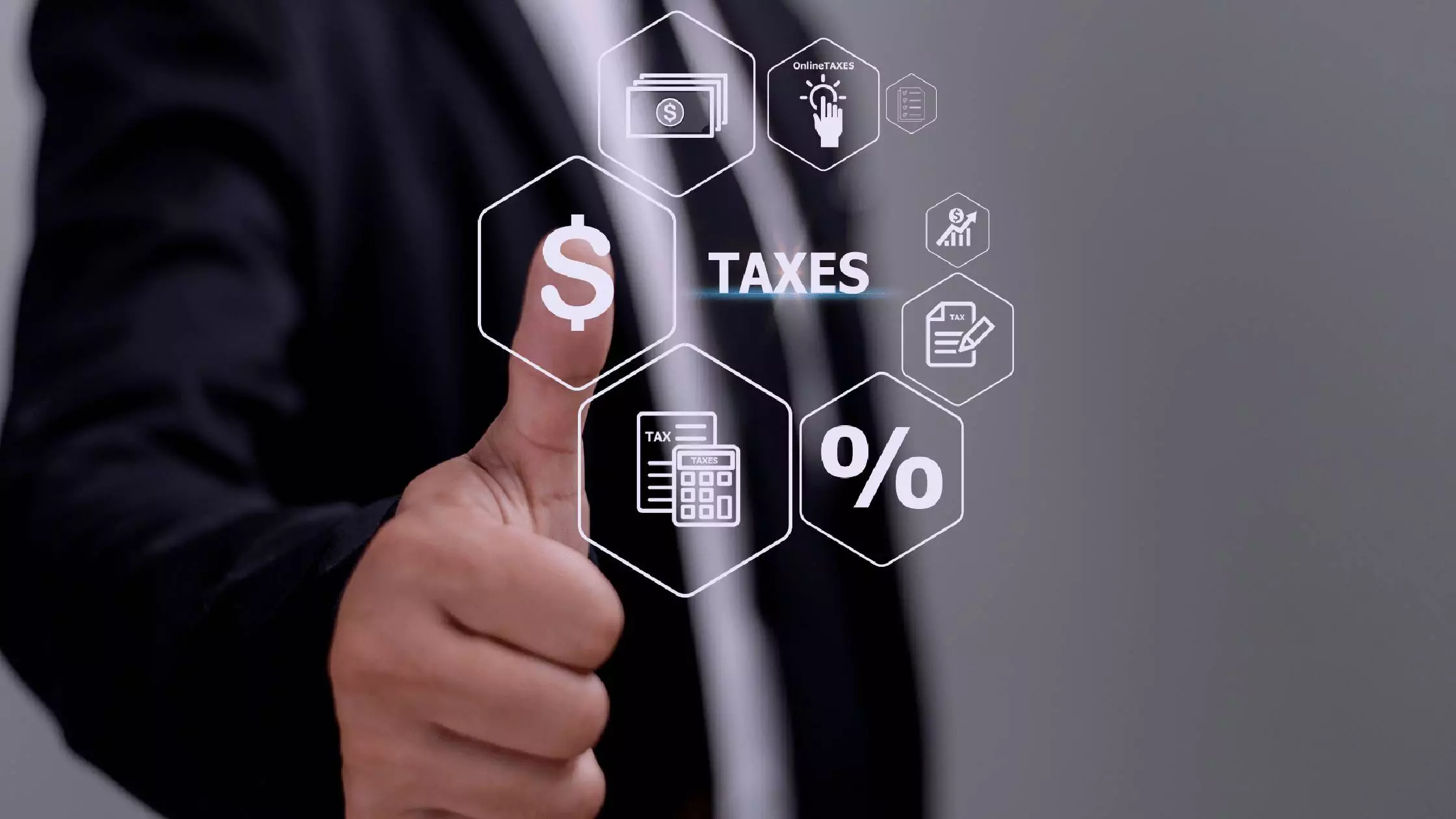The potential risk of fraud is an imminent threat to organizations in the current business environment. External auditing offers a neutral and unbiased evaluation of financial statements and internal controls, which is essential for preventing fraudulent actions. This blog discusses the critical function of external audits in identifying and preventing fraud and emphasizes their significance for preserving openness and integrity in company practices.
Knowledge of External Audit
An external audit is an unbiased assessment of the internal controls and financial statements of a company. It guarantees the dependability, correctness, and transparency of financial data. Internal audits concentrate on evaluating internal controls, whereas external audits do not. An external audit helps to keep external stakeholders confident in the accuracy of financial reporting procedures by giving them assurance.
The Value of External Audits in Detecting Fraud
In order to identify and stop fraud within an institution, external auditing is essential. It offers a fair evaluation of financial statements through independent verification and assurance, revealing material inaccuracies and anomalies. It assesses the efficiency of internal controls, detecting weaknesses used for fraudulent activity. An external audit assists in protecting the organization’s assets and ensuring regulatory compliance by looking for warning signs and probable fraud indicators.
Steps in the External Audit Process for Fraud Detection
- Complete risk analysis: Identify the organization’s vulnerabilities and potential fraud concerns.
- Testing and sampling: Carefully go through the records and transactions to look for anomalies or suspicious activity.
- Analytical techniques: Examine financial data for irregularities that might point to fraud.
- Techniques for interviewing and investigating: Collect data and information regarding possible fraud cases.
These vital elements in the external audit process are essential for spotting and stopping fraud and guaranteeing the accuracy and dependability of financial data.
Mitigation Strategies for Preventing Fraud
Businesses can take the initiative in their efforts to improve fraud prevention. By increasing internal controls and governance systems, they guarantee effective oversight. They are encouraged as part of the process of developing reporting procedures and a culture of transparency and accountability. Regular training and awareness campaigns equip employees with the knowledge and abilities to identify and report potential fraud, which promotes enhanced vigilance.
External audits play a pivotal role in upholding transparency and safeguarding against fraudulent practices. Rely on Standard Auditors for unrivaled expertise, exquisite precision, and an unwavering commitment to excellence. Experience unparalleled auditing services that ensure the utmost assurance and compliance, surpassing industry standards with finesse.







1 comment
I wanted to thank you for this very good read!! I absolutely loved every bit of it. Ive got you saved as a favorite to check out new things you postÖ